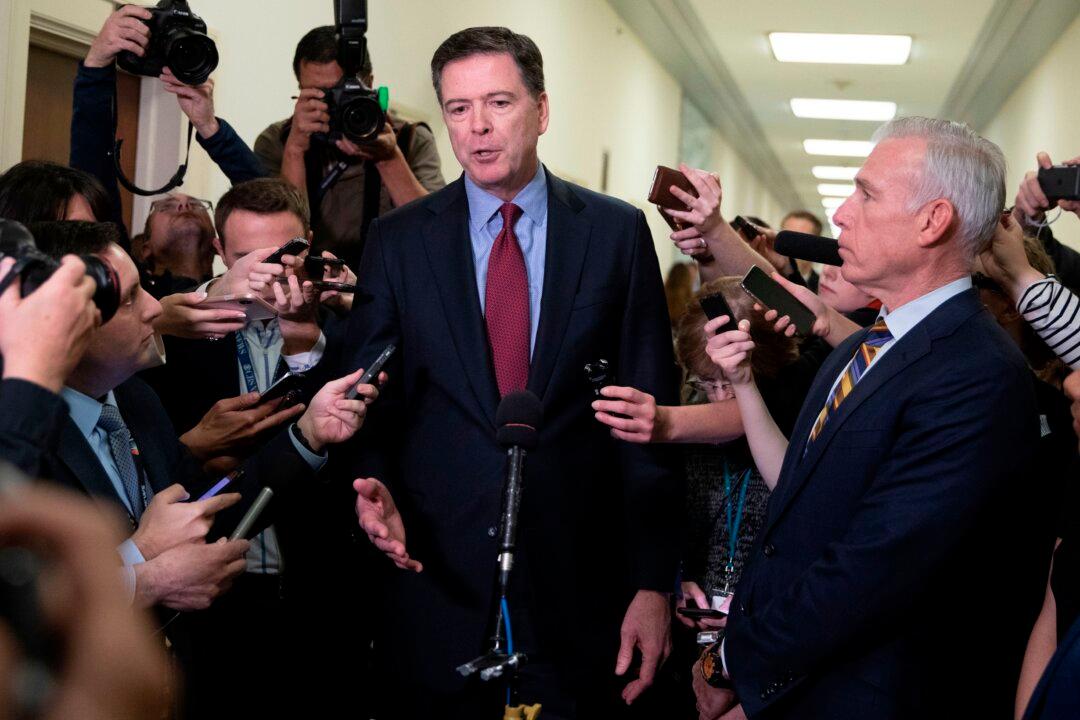News Analysis
There’s a somewhat hidden discrepancy between the final report of former special counsel Robert Mueller about the Russia investigation and congressional testimony of former FBI Director James Comey.


There’s a somewhat hidden discrepancy between the final report of former special counsel Robert Mueller about the Russia investigation and congressional testimony of former FBI Director James Comey.